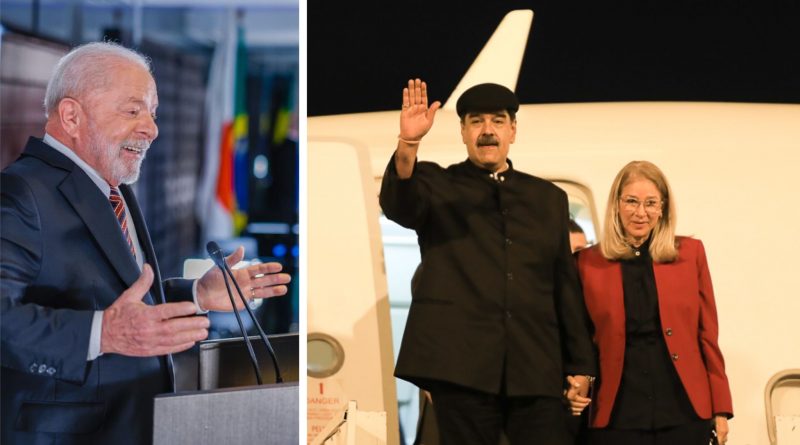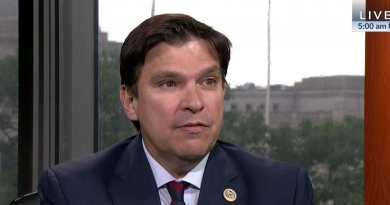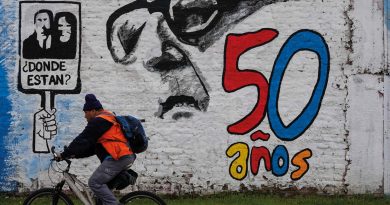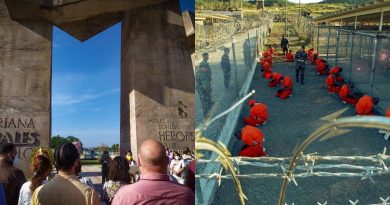Presidents Lula and Maduro meet in Brasilia
At the invitation of President Luiz Inacio Lula da Silva, the President of the Bolivarian Republic of Venezuela, Nicolás Maduro, is making an official visit to Brazil today.
The two leaders are expected to hold a working meeting with a view to reviewing progress in the process of normalization of bilateral relations, which began on January 1, including the reopening of the respective embassies and consular sectors and the recent appointment of the Venezuelan Ambassador to Brazil. It will also be an occasion for presidents to talk about internal dialogue processes in Venezuela, with a view to holding the 2024 elections.
At the meeting, the two representatives will examine priority themes for deepening the dialogue in all areas of the relationship. The presidents will address the results of the recent multidisciplinary mission to the Venezuelan capital, organized by the Brazilian Cooperation Agency which had representatives from more than twenty Brazilian government agencies. Special attention will be given to border issues, with emphasis on the protection of populations residing in this area, including the Yanomami peoples.
Finally, the two Heads of State will deal with issues on the regional agenda, such as South American integration and Amazonian cooperation, and the multilateral agenda, notably with regard to issues of peace and security and climate change.
The day’s agenda includes a lunch in honor of the Venezuelan head of state and his wife, Cilia Flores. President Maduro will also participate in the summit of South American presidents on Tuesday, in which 11 presidents will participate in Brasilia.
Bilateral trade reached around US$1.7 billion in 2022, with Brazilian exports of US$1.3 billion and imports of nearly US$400 million. Exchange between the two countries reached US$ 6 billion in 2013, which demonstrates the potential of the relationship and gives rise to the deepening of the dialogue with a view to the resumption of economic partnerships, the complementarity of production chains and the removal of obstacles to trade.
With information from the Ministry of Foreign Affairs of Brazil



